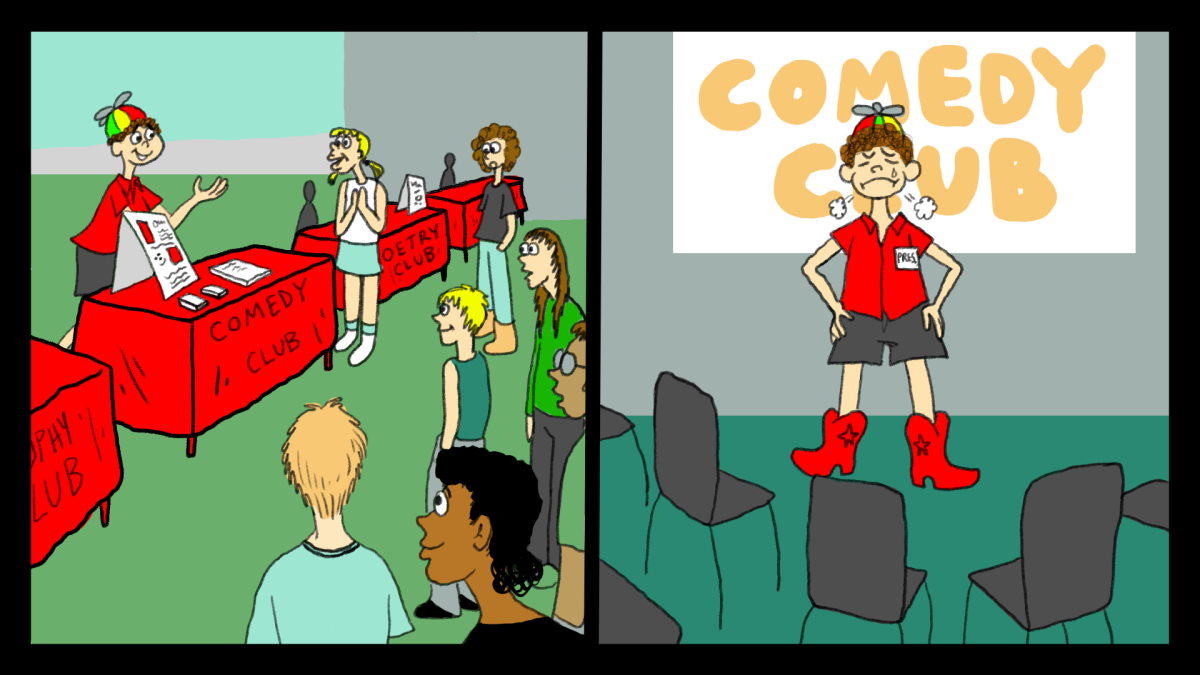The appointment of Margaret Spellings as the president for the UNC System Board of Governors has been shrouded in controversy. Tom Ross was forced to resign suddenly last year for no particular reason besides a vague desire for “a new direction.” The selection process was conducted behind closed doors, ironic for a board devoted to greater accountability. Spellings’ views regarding homosexuality are antiquated and alarming, referring to it as “those lifestyles.” These omens make it abundantly clear that Spellings isn’t the best leader for our universities.
Looking back at her experiences in education policy, there is an obvious lack of any time spent as an actual educator. Her résumé shows an ability to schmooze her way between bureaucratic positions rather than a firm understanding of how students learn. Her most prominent role was as secretary of education during the second Bush administration. In this capacity, she was the architect of “No Child Left Behind.” However, this political building was full of foundational cracks. It tested students to death and punished rather than assisted struggling schools. Furthermore, under her supervision, student loan companies ran rampant with corruption while she tied her hands behind her back with an air of legal plausible deniability. Her involvement in the board of directors for the Apollo Group — the holding company for the University of Phoenix, a for-profit institution — is particularly upsetting. The organization has been known to exploit both federal loopholes and military veterans while delivering students a mediocre education.
To predict the quality of her tenure, we have to look to her ideology, which she has articulated implicitly in the findings of the 2005 “Spellings Commission” and explicitly in a 2014 Wall Street Journal Op-Ed on the future of education. Education aims to develop students’ wisdom, ethics and insight into the workings of the world while along the way there are some economic benefits. Spellings has flipped this core idea on its head and proposed reforms that fetishize education as a commodity. Students are not viewed as humans who learn via experience and reflection but rather as customers consuming certification. Knowledge and research are not appreciated for their inherent value but instead only looked at as “intellectual capital.” These perverted ideas assume that the ultimate virtue is the uncompromising pursuit of money: capitalism taken to its logical extreme.
Foresight may be blurry, but Spellings’ track record has made her vision for the future of higher education abundantly clear.







